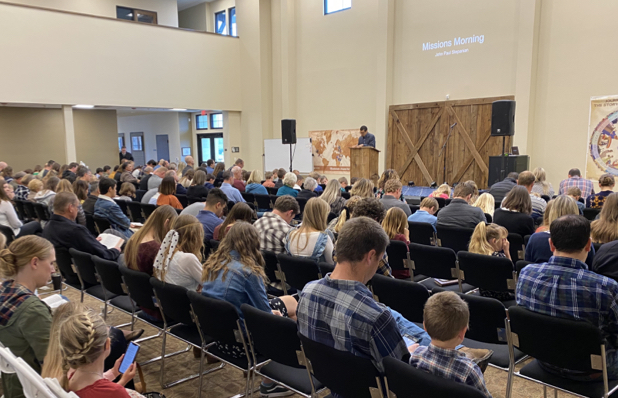Jul 7
2011
Sword of the Spirit
The sword is the final piece to the armor of God that Paul, in Ephesians, instructs us to take up. Although the sword can be used defensively in combat, it is the only offensive weapon given in the list. Paul says, “and take the helmet of salvation, and the sword of the Spirit, which is the word of Godâ€. Notice that we must take the sword. Merely recognizing





